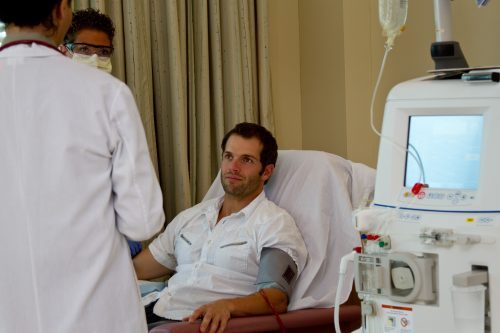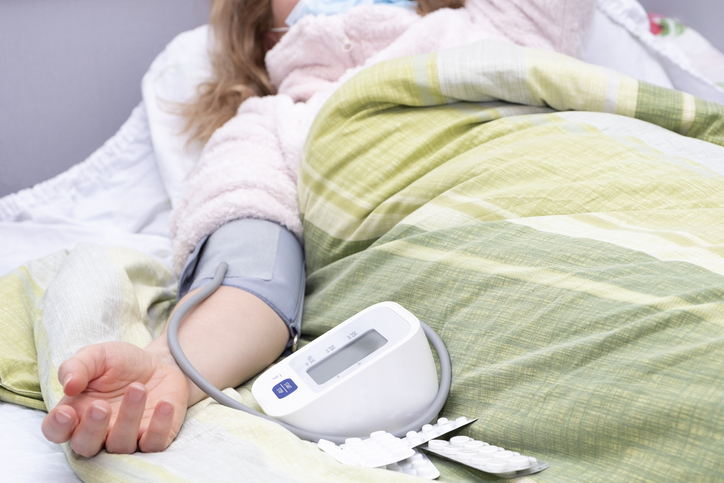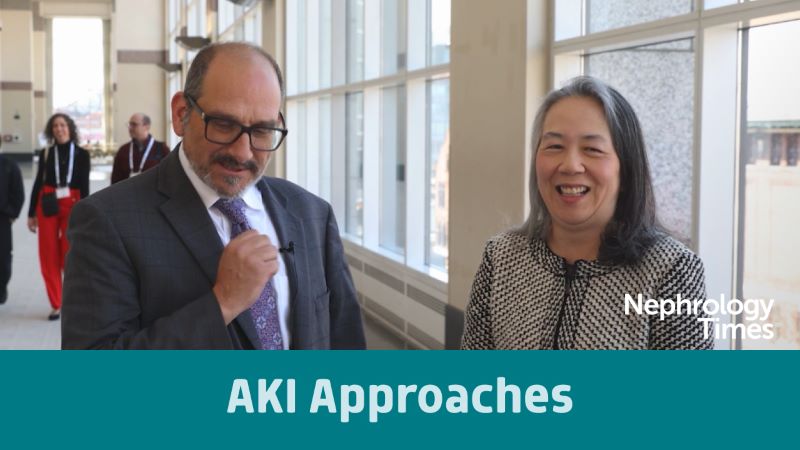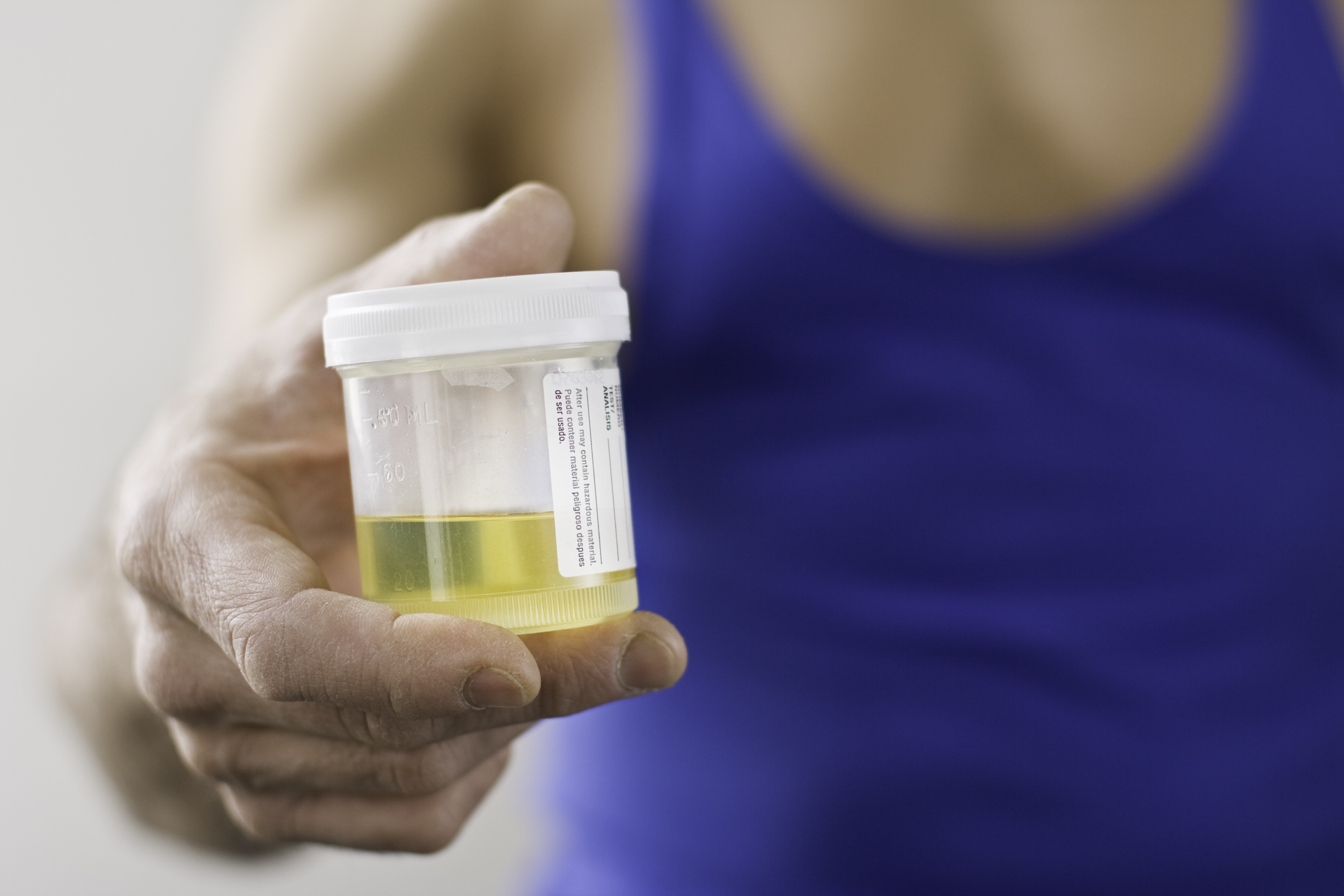
The use of proton pump inhibitors (PPIs) is associated with a higher risk of AKI. Chinami Yamawaki and colleagues conducted a nested case–control study to assess AKI risk with PPI use in patients with cancer who received immune checkpoint inhibitors (ICIs), a class of drugs used in cancer treatment, versus those who did not receive ICIs.
Demographic data, diagnoses, prescriptions, and laboratory results came from a database provided by the Health, Clinic, and Education Information Evaluation Institute. The study subjects comprised 38,930 patients with cancer who were new PPI or ICI users with no history of AKI prior to joining the cohort. Researchers estimated the odds ratio for AKI using conditional logistic regression models.
The mean follow-up was 8.3 months, during which 5,870 cases of AKI were observed (incidence rate, 21.9/100 person-years). The adjusted odds ratios of AKI were 2.20 (95% CI, 2.01-2.40) for current PPI use without ICI use, 1.72 (95% CI, 1.37-2.17) for past or never PPI use with prior ICI use, and 2.62 (95% CI, 1.75-3.93) for current PPI use with prior ICI use compared to never or past PPI use without ICI use. The risk of AKI was no higher in patients treated with both PPIs and ICIs than the additional or multiplication of the risks in those who were treated with PPIs or ICIs alone.
In conclusion, the results confirmed the association between PPI and ICI use and AKI risk, although the interaction between the two drugs was not identified. The findings emphasize the need to carefully monitor and evaluate kidney function in patients treated with PPIs and ICIs.
Source: Kidney360.






 © 2025 Mashup Media, LLC, a Formedics Property. All Rights Reserved.
© 2025 Mashup Media, LLC, a Formedics Property. All Rights Reserved.